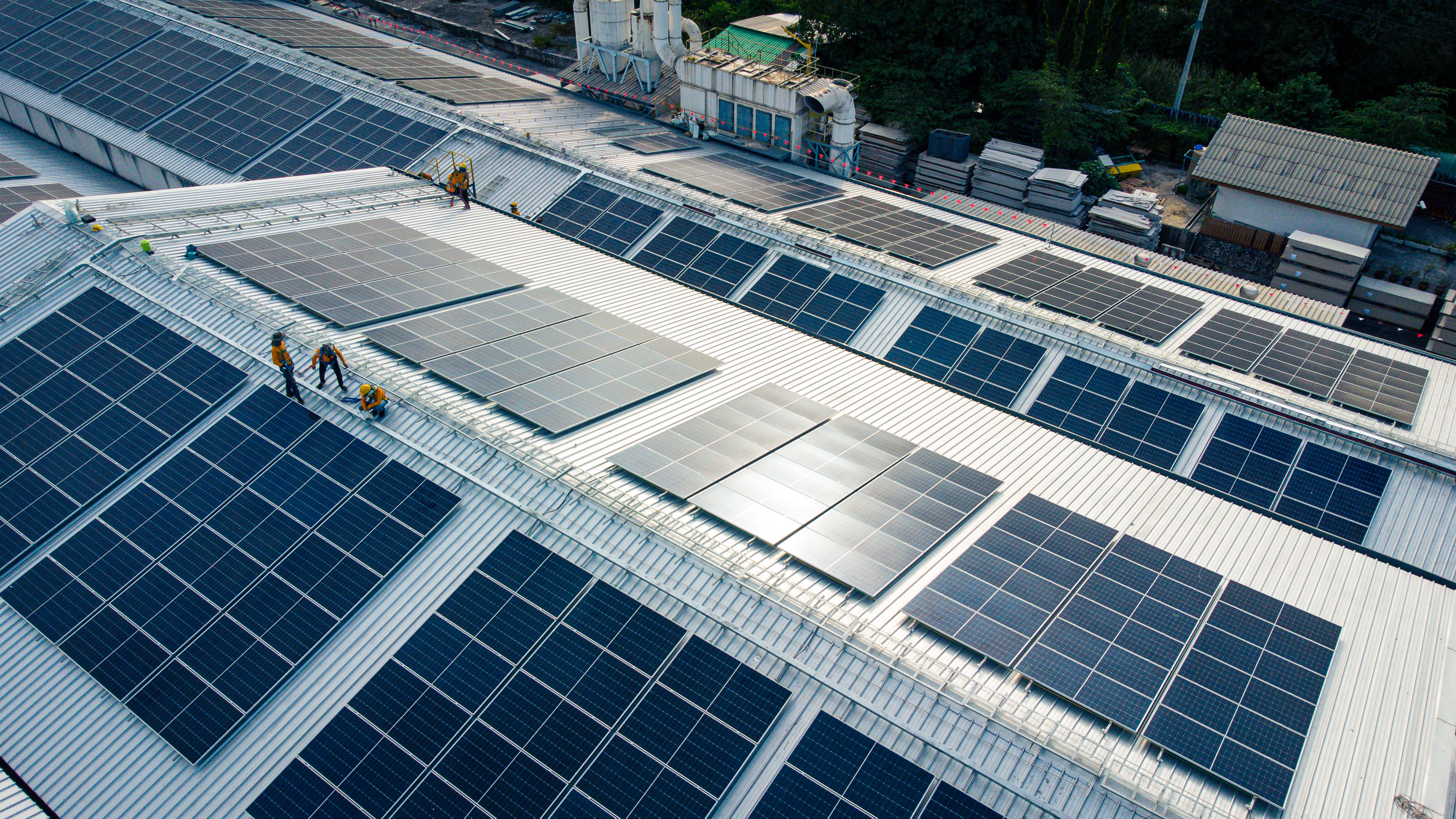
Manufacturing has always been about efficiency. From the first assembly lines to modern-day automation, businesses in the manufacturing industry are constantly looking for ways to reduce waste, lower costs, and improve output.
Lean manufacturing principles have shaped the way factories operate, but today’s competitive market demands even more. Rising energy costs, sustainability goals, and evolving customer requirements are pushing companies to rethink how they streamline operations.
In this article, you’ll explore practical ways to strengthen efficiency beyond traditional lean tools, including how solar solutions can cut costs and make your processes more resilient.
Adopt Renewable Energy To Cut Costs and Boost Efficiency
Reducing operational expenses is always at the core of manufacturing efficiency. While lean manufacturing methodology trims waste in processes, energy consumption often remains an overlooked factor. Traditional energy sources can eat into profits and make factories vulnerable to price fluctuations.
That’s why many factories now work with an installer of solar panels for industrial buildings to lock in more predictable energy costs. Beyond lowering utility bills, solar solutions give manufacturers greater control over production expenses and help meet sustainability targets.
When connected to production management software and shop-floor control systems, solar energy can power automation technologies and data-driven decision making. The result is a leaner, more resilient operation that strengthens your ability to deliver customer orders on time.
Integrate Solar Power With Automation and Robotics
Automation and robotics are powerful tools for streamlining operations, but they rely on consistent, affordable energy. Pairing these technologies with solar power provides a reliable foundation for just-in-time manufacturing and improved quality control. With energy costs stabilized, you can expand automation technologies without the financial burden of unpredictable utility bills.
Solar-backed automation systems also enhance shop-floor control by minimizing downtime. When combined with Internet of Things devices, predictive maintenance, and real-time monitoring, you can prevent equipment failure and align production schedules with customer requirements.

Support Standardized Processes With Solar-Backed Systems
Standard operating procedures are essential for efficiency, but they also depend on reliable energy to ensure consistency. Solar-backed ERP systems and production management software create stable environments where Bills of Materials, engineering change orders, and CAD models are processed without costly interruptions.
By securing a steady energy supply, factories can reduce errors, improve compliance standards, and strengthen performance monitoring. This ensures that lean process management isn’t disrupted by sudden outages or fluctuating costs, keeping value stream mapping and process mapping efforts on track.
Strengthen Inventory Management With Energy Savings
Inventory management directly impacts production lead times and customer satisfaction. Excess stock drains capital, while shortages delay customer orders. By reducing energy costs through solar adoption, factories can reallocate resources toward inventory management systems, ERP systems, and supply chain optimization.
The savings generated by solar solutions give you more flexibility to invest in predictive analytics and automation tools that align raw materials with customer requirements. This approach not only cuts waste but also supports supply chain resilience and just-in-time manufacturing.
Use Data-Driven Decision Making To Maximize Solar ROI
Solar energy produces valuable data that can be used to improve factory performance. Machine learning and artificial intelligence can track solar energy output, compare it against production requirements, and identify ways to optimize usage.
When integrated with KPIs and shop-floor control systems, this data supports better decision-making in areas like quality control and supply chain management. You can predict energy surpluses or shortages, adjust production accordingly, and maximize the return on your solar investment while keeping compliance standards in check.
Train Employees To Manage Tech and Renewable Systems
Even with advanced automation and solar-powered systems in place, employee training remains critical. Workers need to understand not only lean tools and production management software but also how renewable systems integrate with everyday operations.
Using mixed reality and generative artificial intelligence for training helps employees simulate solar-powered workflows before applying them in real operations. This strengthens compliance with standard operating procedures, minimizes human error, and boosts overall customer satisfaction.
Enhance Supply Chain Resilience With Sustainable Energy
Supply chain disruptions can derail even the most efficient factories. By incorporating solar energy into your operations, you reduce reliance on unstable utility providers and create a more predictable cost structure. This stability supports supply chain resilience and makes it easier to maintain customer satisfaction during periods of volatility.
When paired with ERP systems, automation technologies, and predictive analytics, solar-backed operations offer end-to-end visibility across the value stream. That means you can control purchase orders, optimize production schedules, and ensure compliance standards while operating with sustainable, cost-effective energy.
The Bottom Line
Streamlining manufacturing today means going beyond traditional lean practices. By adopting solar solutions, you stabilize energy costs, improve automation reliability, and strengthen supply chain resilience. Combining renewable energy with ERP systems, inventory management, and data-driven decision making helps you reduce waste, lower production lead times, and deliver consistent quality. For factories aiming to stay competitive in the modern manufacturing industry, investing in solar can help you build a smarter, more sustainable future for your operations.







